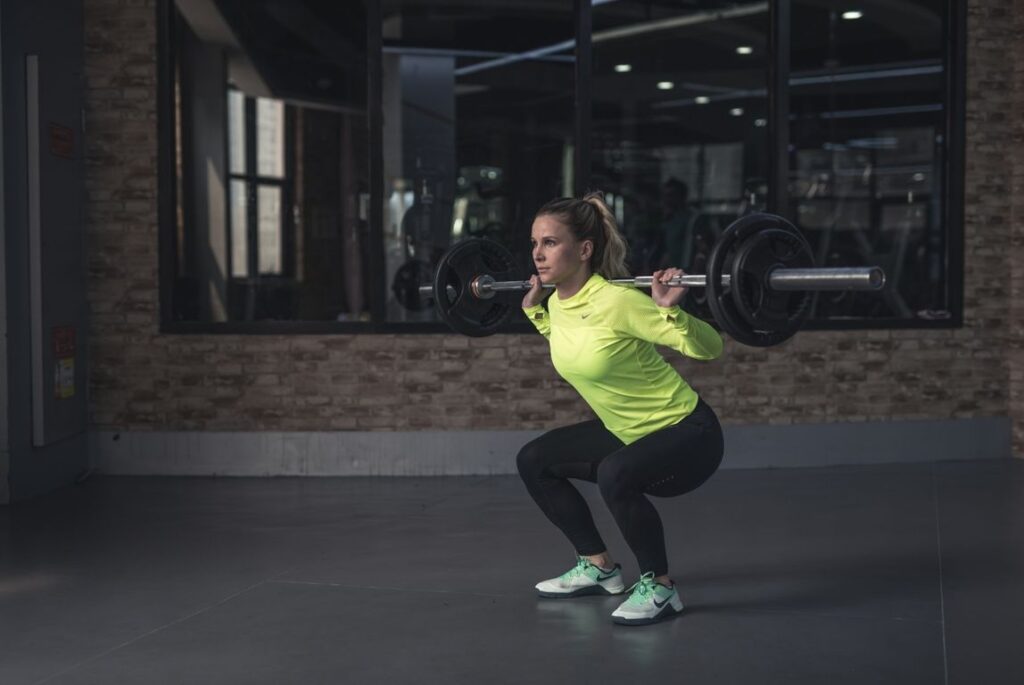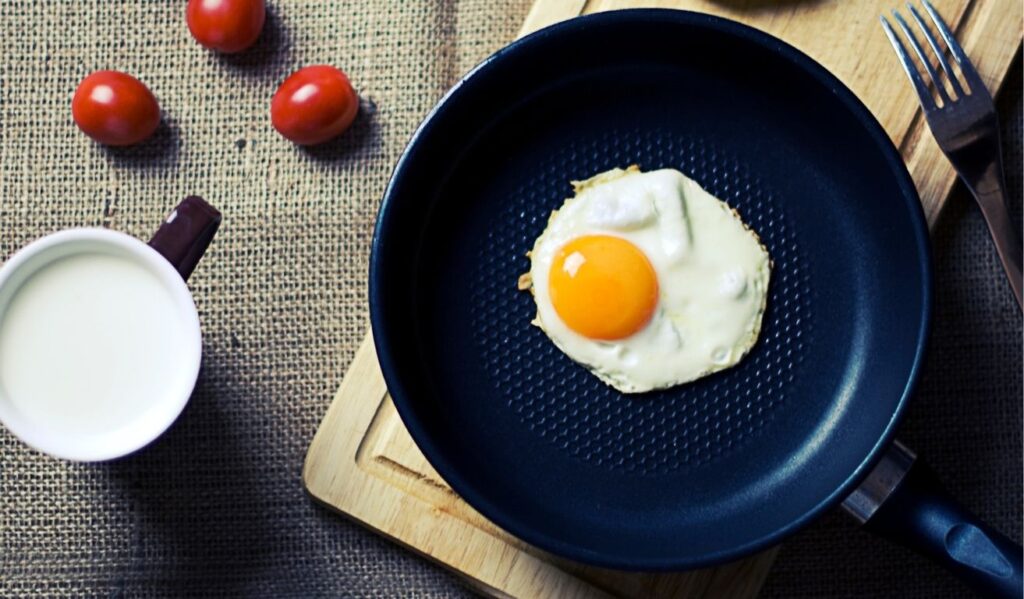The combination of milk and eggs is a powerhouse for those looking to enhance muscle growth and recovery. Both milk and eggs are rich in high-quality proteins, essential amino acids, vitamins, and minerals, making them ideal for building and maintaining muscle mass. Milk provides a mix of fast-digesting whey and slow-digesting casein proteins, ensuring a steady supply of amino acids for muscle repair. Eggs, known as the “gold standard” of protein, offer a complete amino acid profile crucial for muscle synthesis. Together, they deliver a balanced nutrient intake that supports optimal muscle recovery and growth, making them a staple in the diets of athletes and bodybuilders
Muscle-Building Benefits of Combining Milk and Eggs
Protein Powerhouse
Both milk and eggs are renowned for their high-quality protein content. Milk contains casein and whey protein, which are known for their muscle-building properties. Casein is slowly digested, providing a sustained release of amino acids, while whey is quickly absorbed, making it ideal for post-workout recovery. A single cup of milk provides about 8 grams of protein, with a significant portion being whey, which is rich in leucine, an amino acid crucial for muscle protein synthesis.
Eggs, on the other hand, are often referred to as the “gold standard” of protein. Each egg contains approximately 6 grams of protein, with all the essential amino acids needed for muscle repair and growth. The protein in eggs is highly digestible, making it efficient for the body to utilize. Egg whites are particularly rich in ovalbumin, a protein that supports muscle anabolism.

Nutrient Synergy
The combination of milk and eggs provides a wide array of vitamins and minerals that support overall health and enhance muscle-building efforts. Milk is a good source of calcium, vitamin D, and B vitamins, which are essential for bone health, energy production, and metabolic functions. Eggs add to this nutrient profile with their content of vitamins A, E, K, and B12, along with minerals such as iron, zinc, and selenium.
The fat in egg yolks also aids in the absorption of fat-soluble vitamins like A, D, E, and K. This combination ensures that your body gets a balanced intake of nutrients that support both muscle growth and overall health.
Enhanced Muscle Recovery
Post-exercise nutrition is critical for muscle recovery, and the milk and egg combination excels in this area. The fast-digesting whey protein in milk helps to quickly replenish amino acid levels in the blood, kick-starting muscle repair processes. Meanwhile, the slower-digesting casein provides a steady supply of amino acids, preventing muscle breakdown over a longer period.
Consuming whole eggs post-workout has been shown to stimulate muscle protein synthesis more effectively than consuming just egg whites. This is because the yolk contains additional nutrients that work synergistically with the protein to enhance muscle recovery and growth.
Practical Application
For optimal muscle-building benefits, consider incorporating milk and eggs into your diet in various ways. Here are some practical tips:

- Post-Workout Shake: Blend a cup of milk with a couple of raw or cooked eggs, a banana, and some oats for a nutritious post-workout shake.
- Breakfast Boost: Start your day with a hearty breakfast of scrambled eggs and a glass of milk. This combination will provide sustained energy and keep you full longer.
- Protein-Packed Snacks: Hard-boiled eggs paired with a glass of milk make for a convenient and protein-rich snack between meals.
Addressing Concerns
While the benefits of milk and eggs are substantial, it’s essential to consider potential issues such as lactose intolerance or egg allergies. Those who are lactose intolerant can opt for lactose-free milk or plant-based alternatives like soy milk, which also provides a good protein content. For those with egg allergies, other protein sources such as lean meats, fish, or plant-based proteins can be substituted.
Additionally, there are risks associated with consuming raw eggs, including the potential for Salmonella contamination. It’s advisable to use pasteurized eggs or cook them to reduce this risk.
Conclusion
Incorporating milk and eggs into your diet is a highly effective strategy for muscle building due to their rich protein content, essential amino acids, and complementary nutrients. Milk’s blend of fast-digesting whey and slow-digesting casein proteins, along with the complete protein profile of eggs, supports optimal muscle recovery and growth. This combination not only enhances muscle protein synthesis but also provides a wide range of vitamins and minerals crucial for overall health. While there are considerations for lactose intolerance and egg allergies, the benefits of this potent nutritional duo are substantial for those committed to their fitness goals. By incorporating milk and eggs into your meals, you can maximize your muscle-building potential and support long-term health.
Also read: Top 7 Superfoods to Boost Muscle Recovery After a Workout
